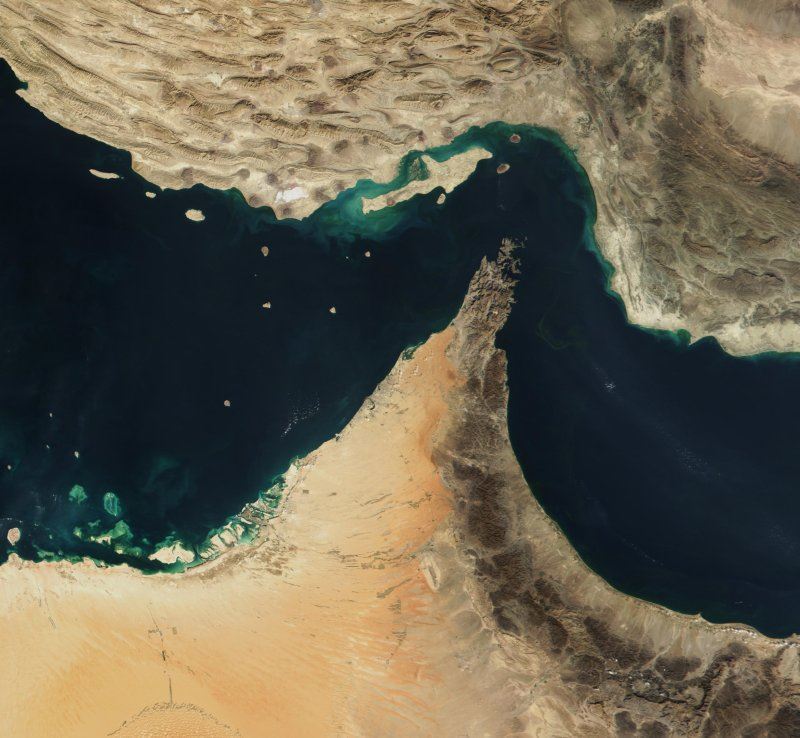In an official statement from the Iranian military, it was declared: “No vessels will be allowed to pass through the Strait of Hormuz until further notice.”
The Strait of Hormuz, a narrow passage connecting the Persian Gulf to the Gulf of Oman and the Indian Ocean, holds strategic importance for global energy security. It is known that around 20% of the world's daily oil consumption is transported through this strait. Many OPEC member states and Qatar — one of the world's largest LNG producers — rely on this route for energy exports.
Experts warn that this development could sharply drive up global oil prices. Prices could surge to as high as $120–150 per barrel in the short term, potentially triggering severe economic shocks, particularly in developing countries.
The United States has long maintained readiness for potential threats in the region. The U.S. Fifth Fleet, based in Bahrain, is tasked with securing maritime traffic in and around the Strait of Hormuz. However, Iran’s direct closure of the strait marks a new phase in the ongoing military and diplomatic tension.
This move, which poses a serious threat to global energy security, will be closely watched in the coming days to see how the international community responds and how markets react.








Comments
No comment yet.